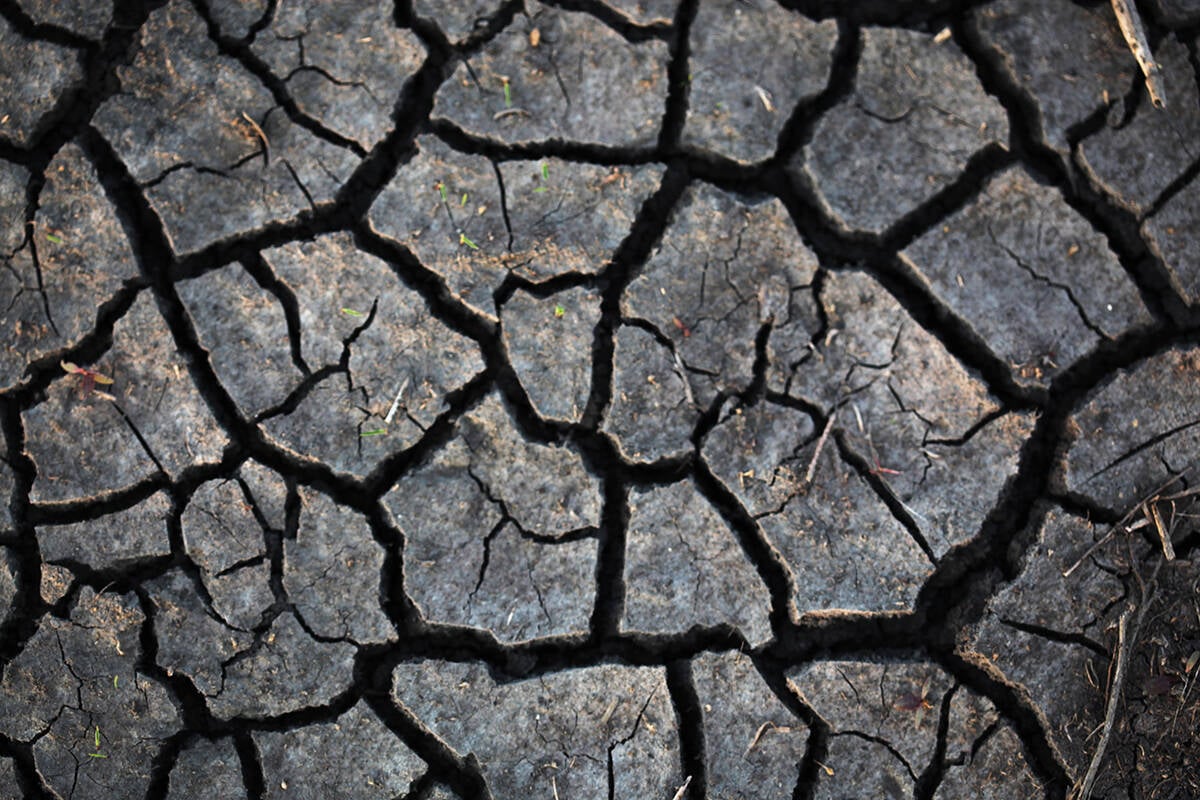MOSCOW, Russia (Reuters) — Russia and Ukraine, both major Black Sea grain exporters, are poised for strong sales campaigns despite political crisis and economic sanctions with their near record harvests.
Western countries have imposed sanctions on Russian banks and several companies, limiting their access to medium and long-term financing over Moscow’s support of rebels in Ukraine and the annexation of the Crimean peninsula.
However, they have left short-term finance, crucial for Russian trade, unaffected so far, which together with the coming financial help for Ukraine will allow the near-record harvests in both countries to dominate their markets.
Read Also

Prairies have variable soil moisture conditions
The dry weather in the west was welcome for preserving grain quality and advancing harvest, but it has resulted in very dry soil moisture conditions.
“Russia will most likely remain a successful grain exporter this year as sanctions did not impact short-term credit,” a Kiev-based trader with a large Western firm said. He also expects Ukrainian wheat exports to remain high.
While Russian grain remains unaffected, sanctions have already limited access to Western money for Russia’s biggest oil producer Rosneft, which accounts for 40 percent of Russian oil production. They have also put oil traders on guard.
Food and grain supplies to other countries are worth $16 billion, accounting for three percent of Russia’s 2013 $526 billion exports, compared with 70 percent brought in by oil and gas exports. Grain exports alone were worth $4.8 billion in 2013, according to the country’s statistics service Rosstat.
Despite these modest foreign currency earnings, any sanctions on Russia’s grain trade would probably lead to a rise in global wheat prices, currently near a four-year low.
Russia shocked grain markets with a one-year export ban in 2010 when drought ravaged that year’s harvest. The move proved the catalyst for a surge in grain prices and political instability in the heavily import-dependent Middle East and North Africa region.
The risk of further sanctions ahead will support demand for Russian wheat early in the 2014-15 marketing year, which started on July 1.
“The threat of sanctions will only make exporters more eager to make quick sales early in the season as the crop arrives,” a German trader said.
However, the risk to exports was played down by traders based in Russia and Ukraine.
“Exports from Ukraine and Russia … will continue despite all sanctions and political aspects because for many consumers, price of grain and not politics, is important,” said Mykola Vernytsky, head of Ukraine’s ProAgro consultancy.
“Any real problems for exports would be in one case — only if fighting (reaches) the ports,” he added.
Russian crop analyst SovEcon says it is a quality harvest.
“Russia is having a fantastic crop and that’s where all the protein is — there’s plenty 12.5 percent protein milling wheat in Russia so the only demand that’s going to go to the EU is the zero bug damage market where they can’t buy Russian,” a European trader said.














